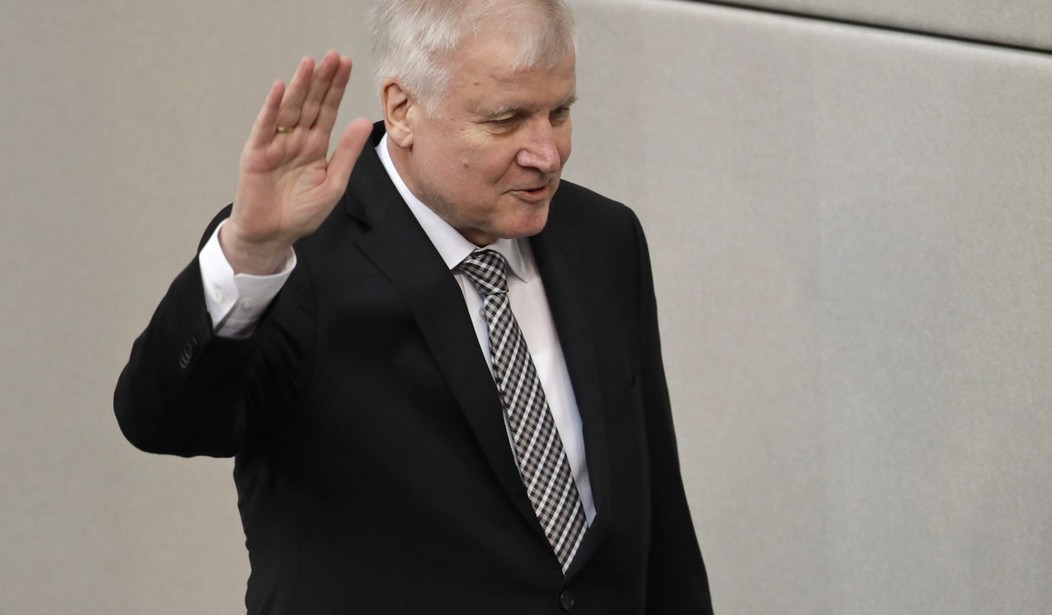Germany’s new interior minister, Horst Seehofer, has set off a proverbial bomb by telling newspaper Bil that “Islam doesn’t belong to Germany.” In a country heavily controlled by political correctness, this remark is truly shocking.
To make clear that he does not have a problem with Muslim as such, however, the conservative Christian politician added that “the Muslims who live with us are, of course, part of Germany.”
Still, the statement was shocking enough to cause a political earthquake. A bunch of German ministers, Chancellor Angela Merkel first and foremost among them, have responded to Seehofer, arguing the exact opposite: that Islam does belong to Germany.
Merkel admitted that Germany has a “Judeo-Christian” heritage, but added that “there are 4 million Muslims living in Germany.” Those Muslims “can live their religion here, too,” she said. “These Muslims belong to Germany and in the same way their religion belongs to Germany, that is to say, Islam.”
Federal Justice Minister Katarina Barley of Merkel’s coalition partner, the Social Democratic SPD, also responded, saying that theoretical debates about the relationship between Islam and Germany “have been going on for long enough.” She is, she said, only interested in solutions to possible immigration problems. “As far as our values are concerned, this is and remains the fundamental law—the basis of our coexistence.”
Family Minister Franziska Giffey agreed with her SPD colleague. “Local debates do not help at all,” she said, adding that politicians have to focus on making all Germans live in peace with each other, regardless of their backgrounds.
The politically correct statements of Seehofer’s fellow ministers are hardly surprising. Germany’s political elites have been afraid of criticizing immigrants who refuse to integrate — let alone assimilate — for decades. In other words, not his colleagues’ statements but those of Seehofer are what’s truly shocking here. The interior minister is the first leading politician in decades with the courage (whether or not you agree with him, it certainly is courageous to make such statements) to publicly break with the multiculturalism of the elites.
Of course, the question is: why? Why has he come out as a cultural conservative? The first part of the answer is that Seehofer has always been more conservative and hawkish than Merkel. The second part of the answer is more interesting, however: the political establishment fears the continued rise of Alternative für Deutschland, the country’s new anti-immigration and anti-EU party. According to the most recent polls, AfD has already passed the SPD as Germany’s second party. If that trend continues, Merkel and Seehofer’s CDU-CSU coalition will eventually be forced to join forces with AfD, which is a course Merkel does not favor.
Seehofer’s statements are nothing more than a strategy to halt the rise of AfD, which explains why, although Merkel has contradicted him, she has done so with moderation, without employing any personal attacks.









Join the conversation as a VIP Member